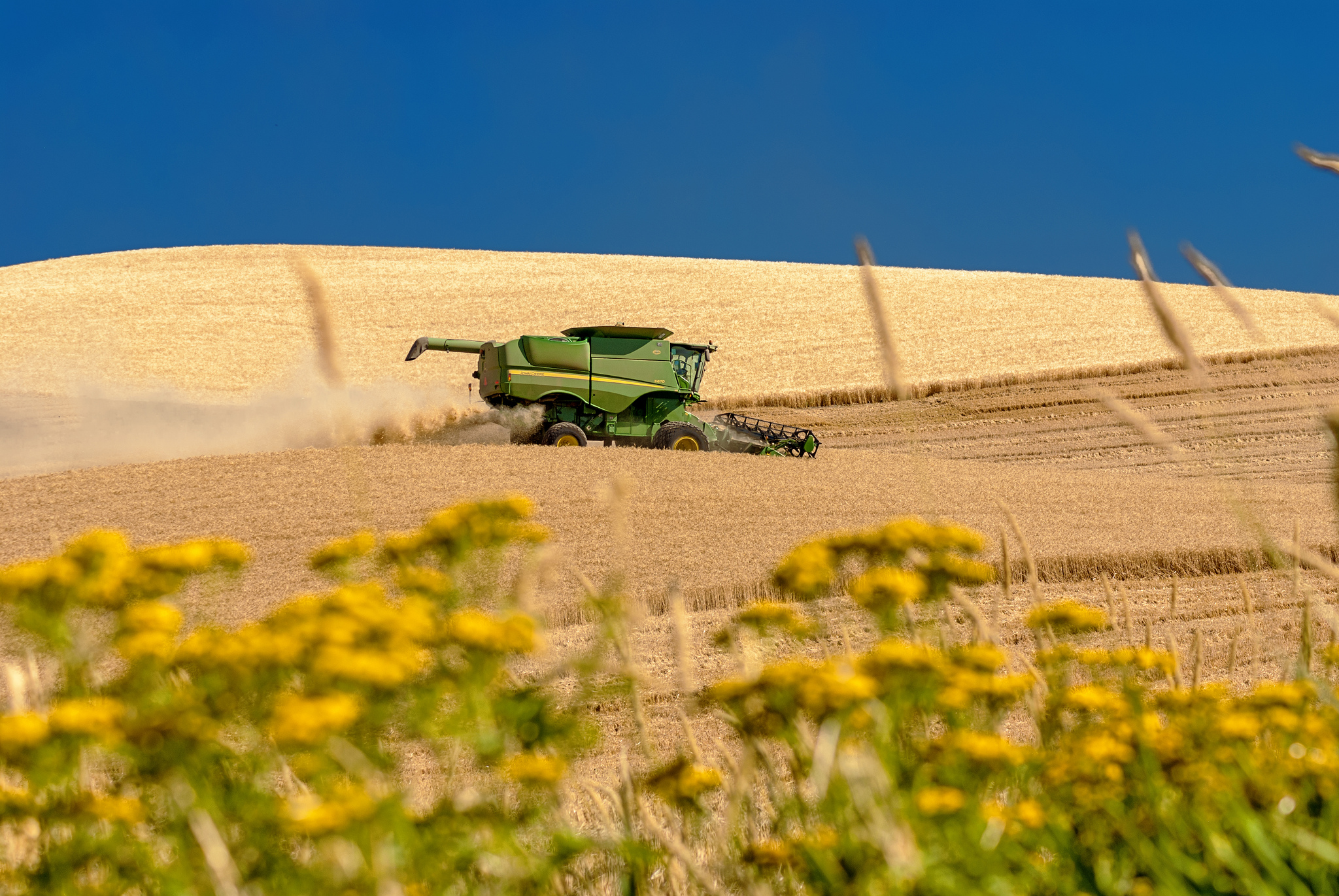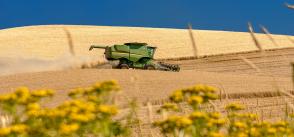
Land is the new resource that speculators have set their eyes on
After water and petroleum, land is the new resource that speculators have set their eyes on. The growing prevalence of “land grabbing”, or rather the acquisition of large areas of land by private citizens or government bodies for the purpose of cultivating it at the expense of the local populations and of their habitual ways of working and taking advantage of the land, is proof. In recent years there has been an increase in this phenomenon and in the size of singular acquisitions, to the detriment of the identity, livelihood, and food safety of local citizens.
In fact, among the structural factors that reduce access to food is the growing competition for farmland and water resources. It is important to note that in the first decade of this century growing competition for land and water, together with the need to respond to a growing demand for food and energy, has played a fundamental role in the emergence of investments destined for the acquisition of large plots of farmland (over 200 hectares) by means of concessions, buying and selling, or leasing (generally for between 55 and 99 years) on the part of various kinds of investors (public, private, or in partnership).
This is not an illegal phenomenon (or at least, not always), however the term “land grabbing” was created precisely to be able to report cases in which these investments are made without the free and informed consent of the local populations, under non-transparent conditions, and in violation of human rights. To date the phenomenon applies to almost 60 million hectares of land and over 1000 investments made worldwide, according to the data collected by the Land Matrix observatory, which also publishes an interactive map of the reported cases.
[Full article here | Photo by Charles Knowles]







